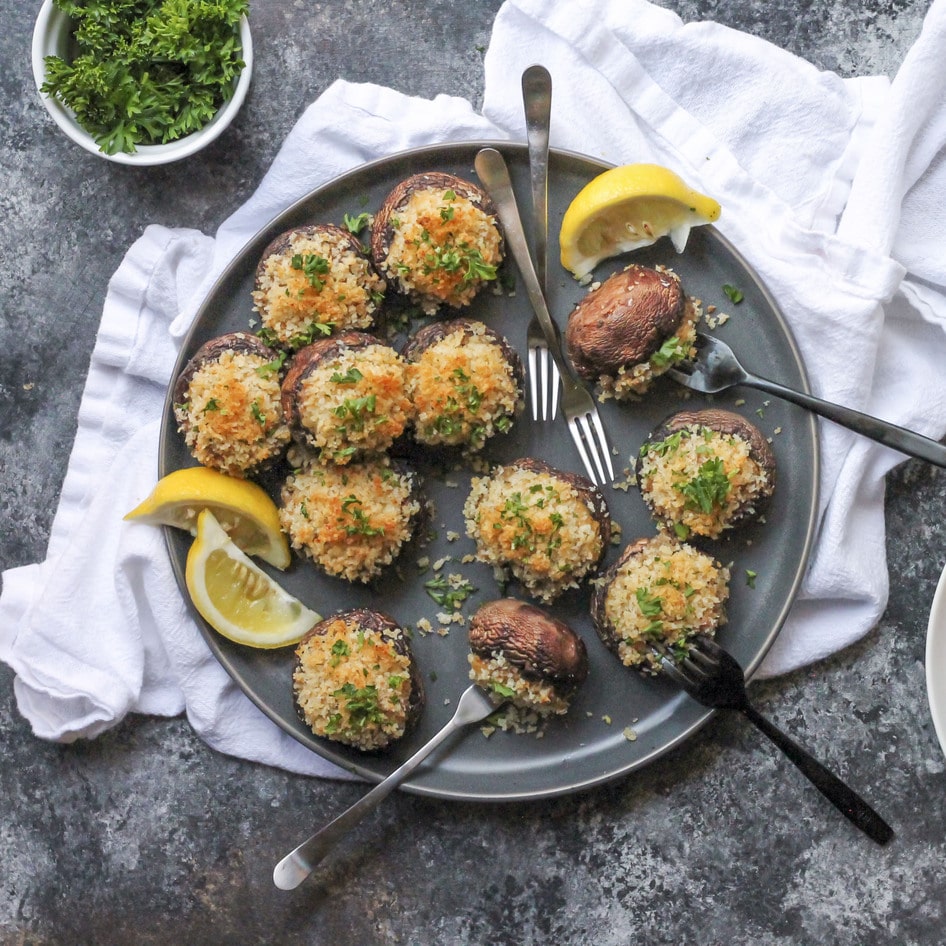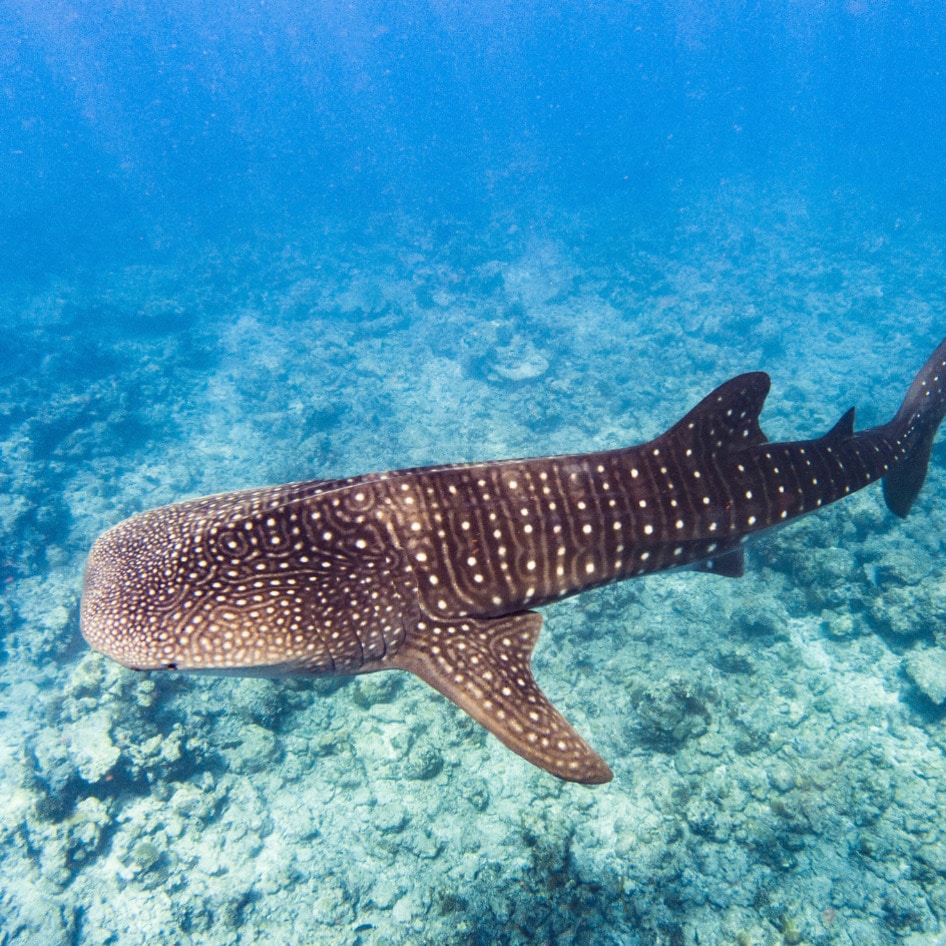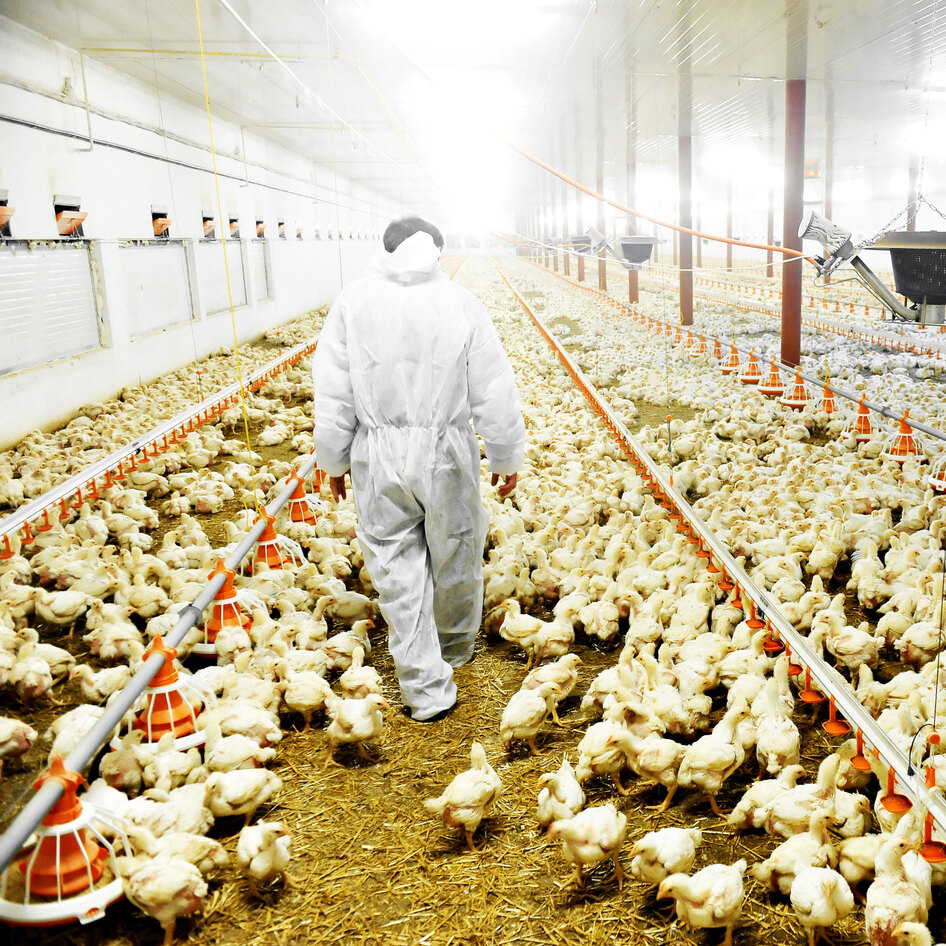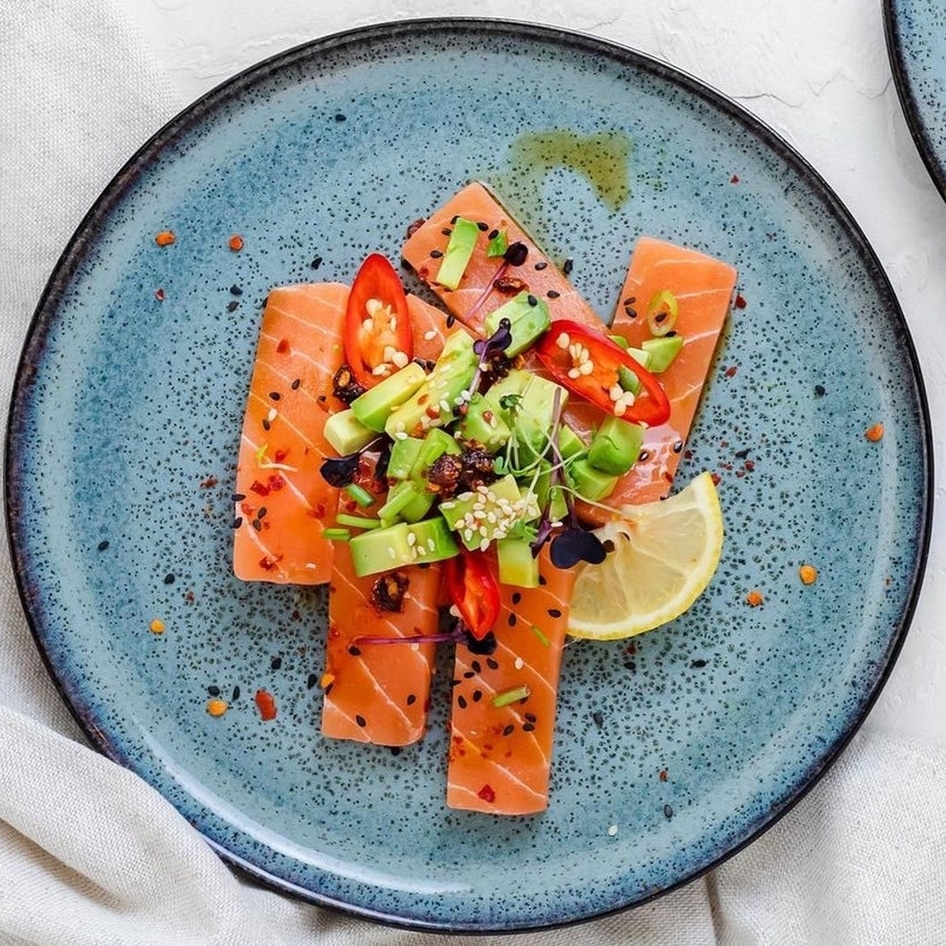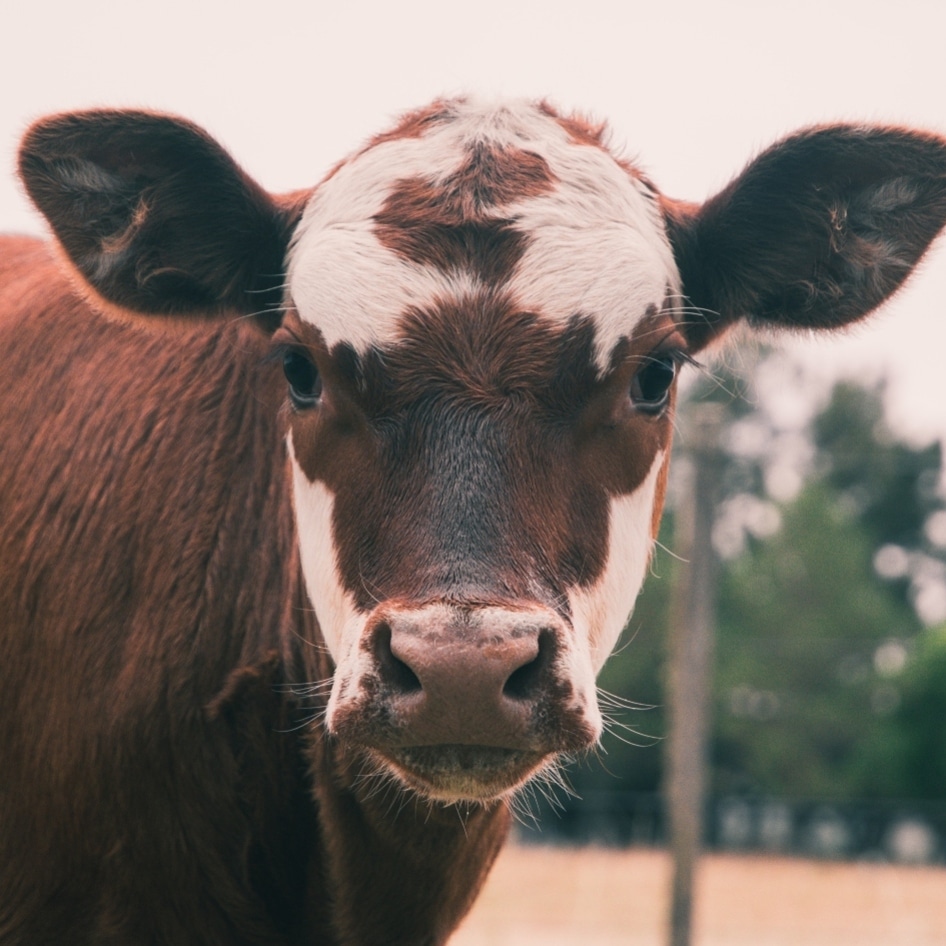Last week, Vietnam Prime Minister Nguyen Xuan Phuc signed a directive to ban wildlife imports, with some exemptions, and enforce the shutdown of illegal wild animal markets. As part of its effort to prevent the threat of zoonotic diseases, the government provided an outline for enforcement agencies to carry out the new directive. The move comes after 14 wildlife protection organisations, including the Vietnam branch of Humane Society International (HSI), sent a letter and recommendations in February urging the government to shut down wild animal markets and the wildlife trade.
“Vietnam’s directive clearly shows the government’s commitment to eradicating illegal wildlife trade and consumption. The directive bans wildlife imports with certain exemptions, and urges the closure of illegal wildlife markets,” HSI Vietnam Director Phuong Tham said. “It also discourages all citizens from illegally hunting, catching, buying, selling, transporting, slaughtering, consuming, storing, and advertising wildlife. These measures combined with strict management of wildlife farming are extremely welcome news in the global efforts to end wildlife exploitation and the grave risks for conservation, animal welfare, and human health it poses.”
In April, HSI Vietnam also sent a research paper to the government regarding the emergence of COVID-19—which is thought to have originated from a wet animal market in Wuhan, China—and demanded that the Vietnamese government take action to prevent future zoonotic diseases.
“The existence of wildlife markets in many locations has been a big problem in Vietnam for a long time, with many Vietnamese people consuming endangered species such as cobra, turtle and pangolin, as well as all manner of monkeys, birds, and other unprotected species,” Tham said. “Without stronger actions, Vietnam risks eating many of these species into extinction because they can so easily be purchased in markets, from street vendors and even just outside of our national parks. Vietnam’s rapacious appetite for wildlife is endangering not just these species’ survival, but as we have seen with the coronavirus outbreak, it is endangering people’s lives too, so this ban can’t come soon enough.”
While Vietnam’s directive is being heralded as a move in the right direction, some animal-rights groups, including the Humane Society of the United States and Save Vietnam’s Wildlife (SVW), pointed out that the country is not doing enough to protect wild animals and public health. “The wildlife consumption ban mentioned in the directive is insufficient as some uses of wildlife such as medicinal use or wild animals being kept as pets are not covered,” SVW director Nguyen Van Thai told Reuters. “It would be better to have a clear and detailed list of the various uses of wildlife that are prohibited.”
JUMP TO ... Latest News | Recipes | Guides | Health | Subscribe

